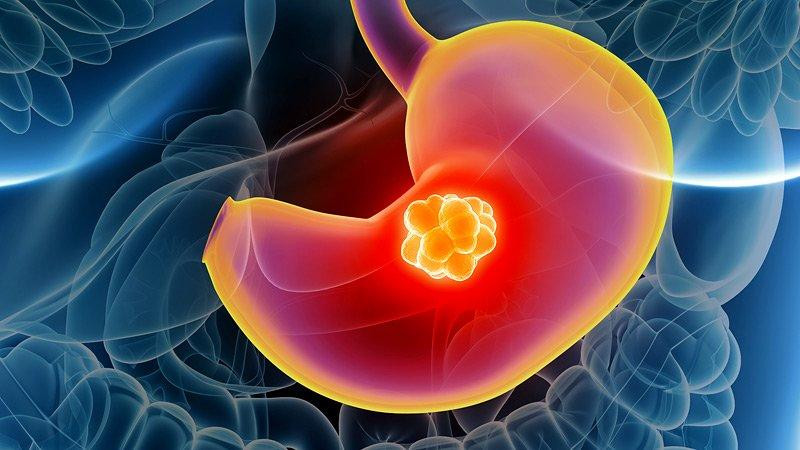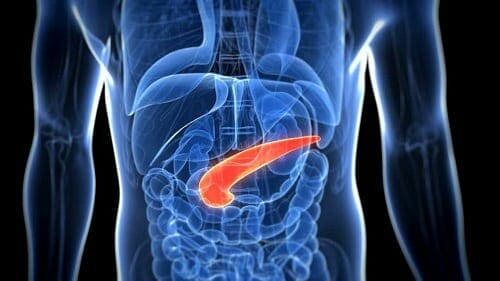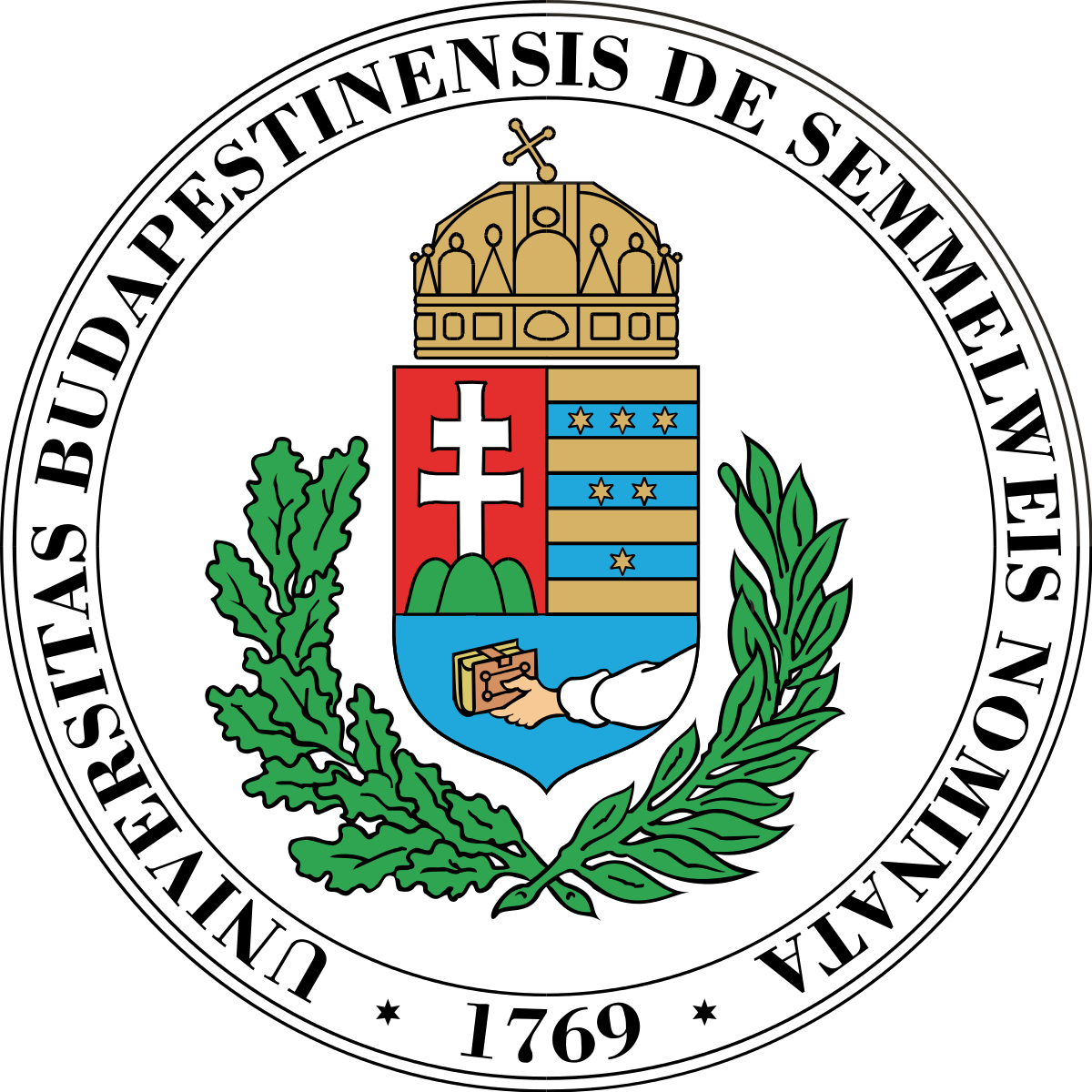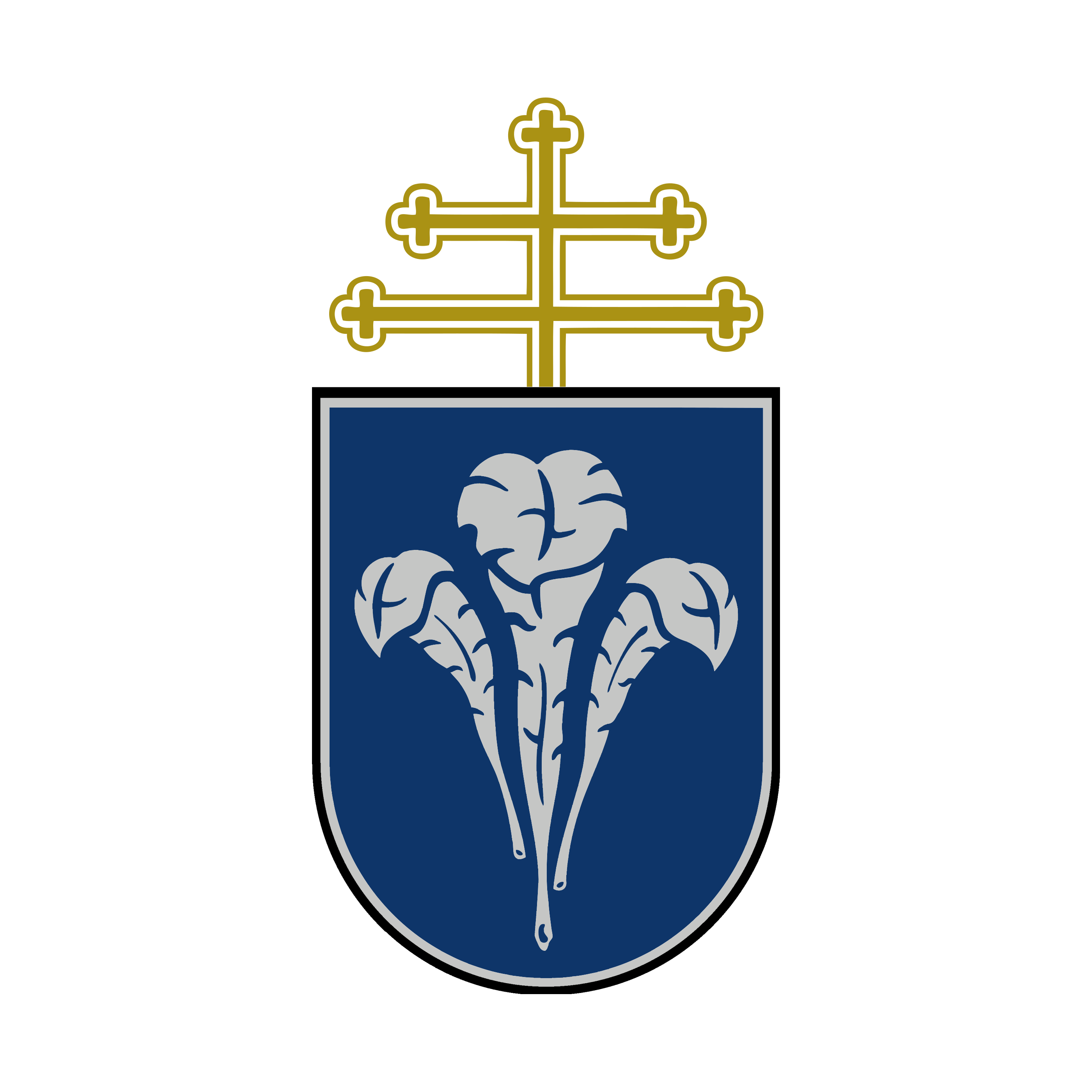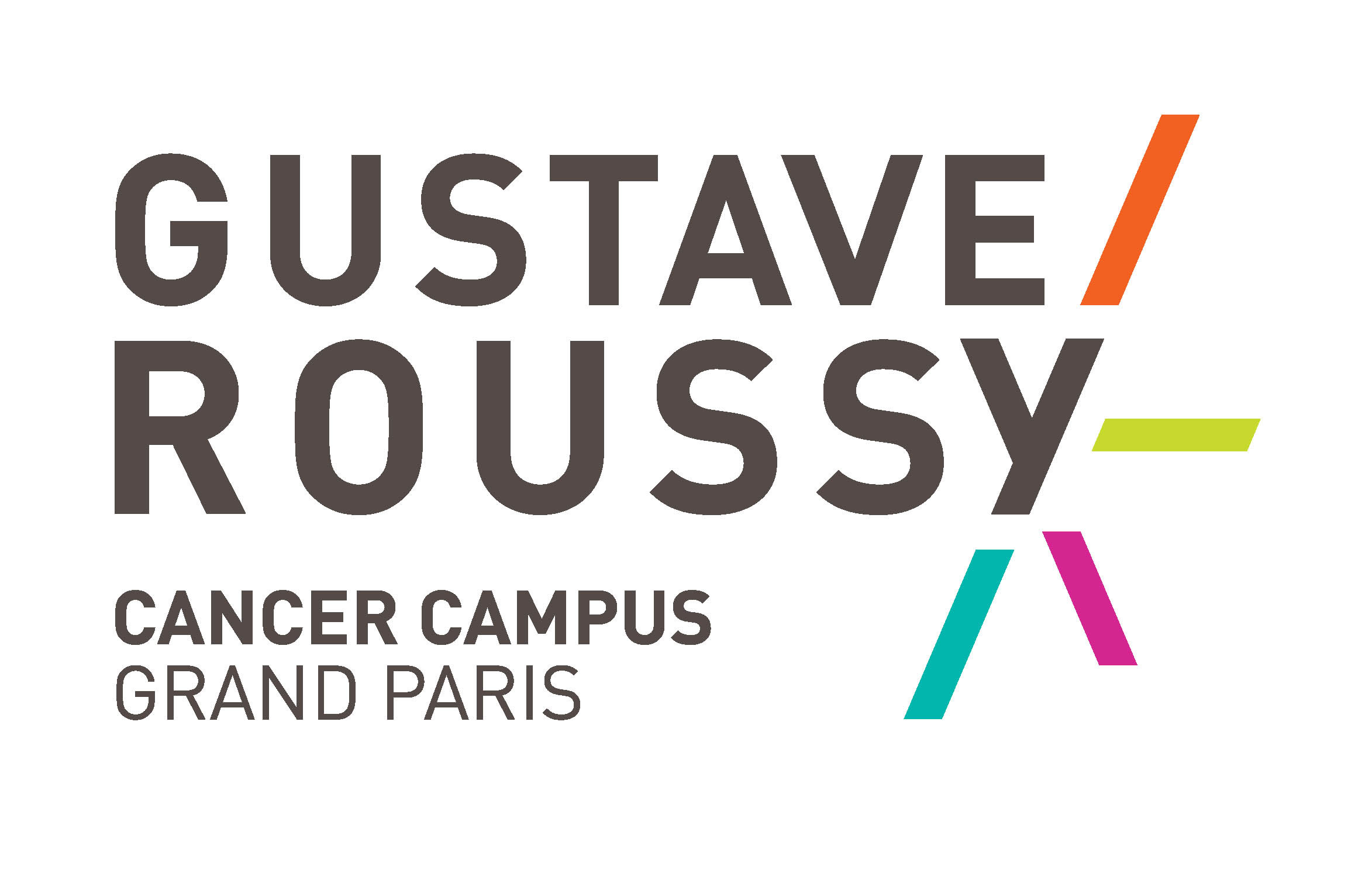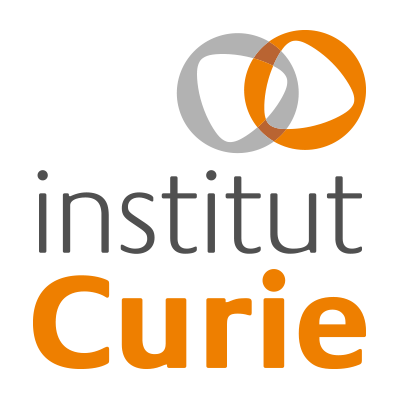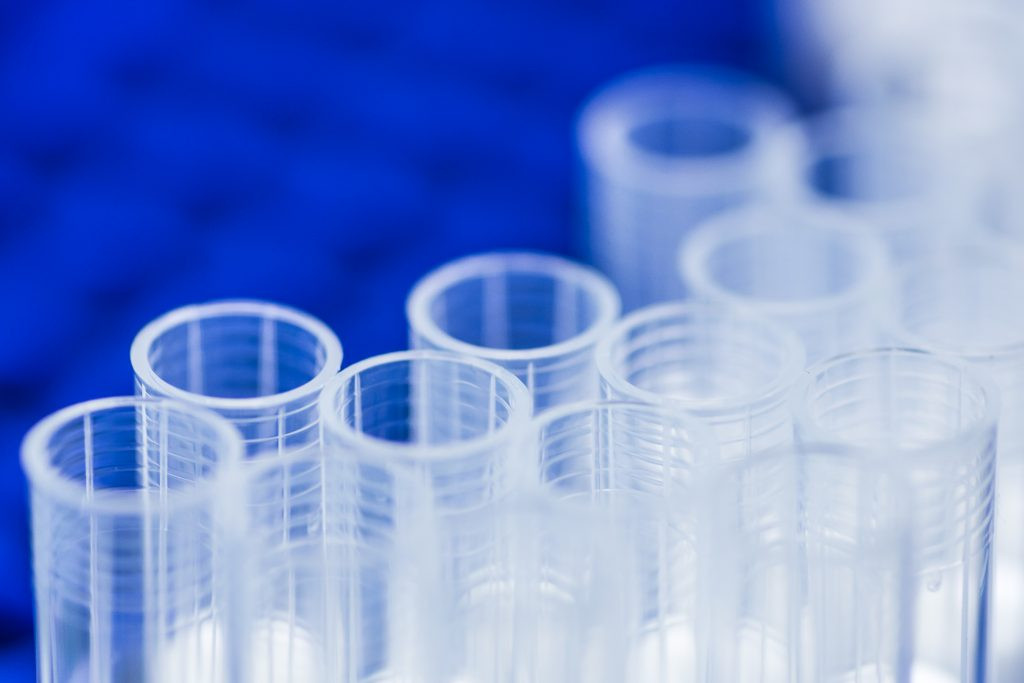
Knowledge base
The focus is becoming the genetic cause of the tumor instead of its location.
Dr. István Peták, medical researcher and molecular pharmacologist deals with a new treatment mechanism of cancer, their targeted therapy based on molecular diagnostics. Just like western heroes, they find the defective, malfunctioning gene that is responsible for the tumour, and they hunt it down!
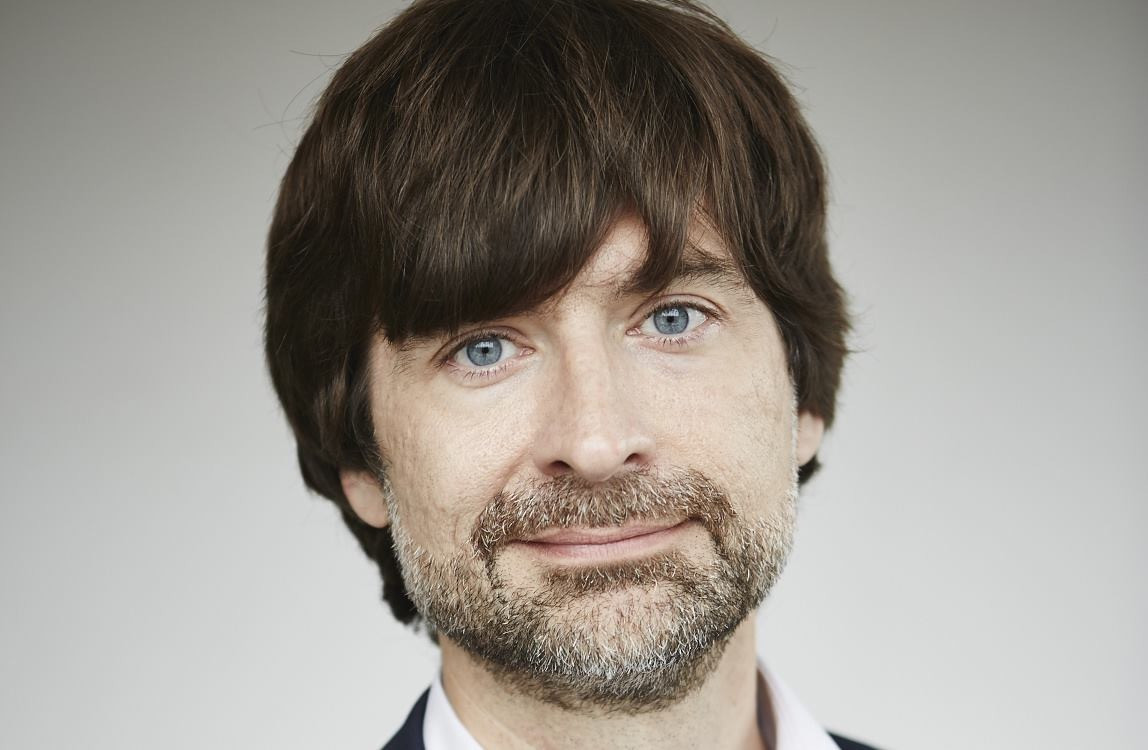
In a normal scenario, our cells, such as our skin cells, are continuosly dividing, which is why our skin sheds on a regular basis, however, these cell divisions are normally under control. This process is being regulated non-stop and the number of cell divisions vs apoptosis are well-balanced. The cells are able to send instructions to each other via hormons for example, and when milk production is needed, the cells of mammary glands start dividing untill its necessary. The process of cell division or apoptosis is initiated by the signaling pathway molecules binding to targeted cells' receptors. These molecules are proteins coded by our genes and if there is a mistake in the DNA sequence, this protein may not function properly and either overactivate cell divisions or is turned off and unable to stop cell division.
Where are we at with treating cancer?
"This year, ESMO was held in Madrid and I was also invited as a panelist on the topic of Precision Oncology-says Dr. István Peták. Molecular diagnostics changes the direction of how to treat cancer patients. We are living in an area of having abundance of new targeted drugs. While in the past, it took decades to register 10-20 new anticancer drugs, between 2015 and 2017 this number increased to 47, and just in 2020 this number has reached the 100, which means over 100 new drugs were developed in the past decade that are either targeted or immunotherapies.
It is not the tumor type that counts rather what the molecular diagnostic results are. In many occasions, the drugs are directly connected to molecular biomarkers as opposed to the tumor type. For the first time in human history, there is a paradigm shift in treating cancer according to its underlying cause, which are the molecular alterations as opposed to symptoms or statistics. This is a breakthrough similar to antibiotics when it was discovered that the symptoms were caused by bacteria. Molecular diagnostics can tell why there is no immune response and why the patient's body cannot fight against cancer. Once we reveal the underlying cause we can find the drugs targeting them with successful immune response. It is also important to understand the underlying mechanism of action as the same drug is not beneficial for everyone. Similarly to infectious diseases and antibiotics, targeted therapies and vaccines are available against cancer. Only about 5-10% of cancers are inherited due to germline pathogenic mutations, while the majority of mutations accumulate sporadically over our lifetimes. There are 600 genes associated with cancer that can have any number of mutations. This constant number of genes are available for testing. If we think about the fact that there are 600 genes with 6 million potential mutations, which may come in different combinations, we can easily see why the oncologists are in such difficult position. The problem starts with the number "600" as the average prevalence of each gene to be mutated is less then 1% making it rather hard to recruit patients in classic designed clinical trials. It is also difficult for the oncologists to strategize between 100 new drugs and 600 genes, not to mention the available combinations. How can they decide which therapies in what order and combinations should be utilized based on the detected mutations? The amount of information simply cannot be kept up, which is why our software system, precision oncology treatment calculator, was developed" - says Dr. István Peták.
Once the health care provider uploads the patients' molecular data, the calculator is able to prioritize drugs in positive association providing the relevant aggregated evidence scores based on an algorythm. After this, the clinician or the oncoteam can assess if there are any drugs available that are either registered or under development in clinical trials. If none available then guideline-based chemotherapies are offered, which are still more effective then giving unmatched ineffective targeted drugs as a treatment.
One of our main goals is to spare cancer patients from ineffective targeted therapies. In general, targeted therapies are either very effective or have no effect at all. Oncompass provides molecular diagnostics-based decision support, which helps the clinicians and the oncoteams making the actual decision. In case of rare tumor types, whole exome or genome sequencing is preferred over the 600 gene panel.
How does this all happen?
First of all, we need to review all available medical records then we can decide whether the patient would need any further tests or not. In general, there is no need for a new tumor tissue biopsy.
We take slides of existing tissue samples then we return the rest to the same pathology it was asked from. Then we isolate the proper amount of DNA to sequence the genes of interest. Then we receive a mutational list from the lab, which could be over hundreds or thousands, which are then further analyzed by molecular info-bioinformaticians for their significance in tumorigenesis using our state of the art software. Results and order of recommendations are then further evaluated by an expert team taking into consideration the patient's performance status, the accessibility, toxicity and sideeffects of the drugs in question. Since each case is complex, a case coordinator and a case expert are assigned to them. The coordinator is in contact with the patient while the expert is in cotact with the oncologist in order to help deciding the order of actions.
What have been the experiences so far?
Both our own and international experiences show that if the patient joins our program early on, right after the diagnosis, there is a 30% chance of receiving molecular profile-based treatments at some point in the course of his/her treatments. The rest of the time, there were no available molecular matching drugs available. We are confident that this ratio will increase over the years as new drugs are being developed and approved.

